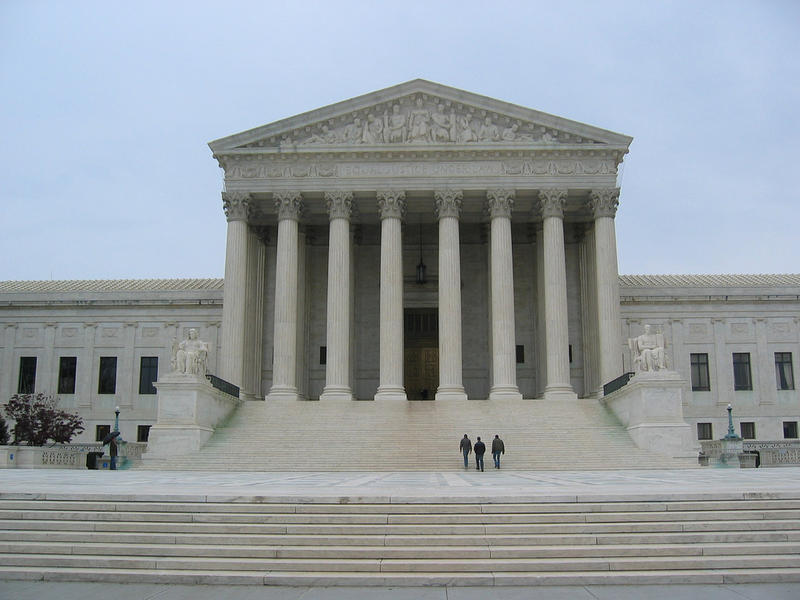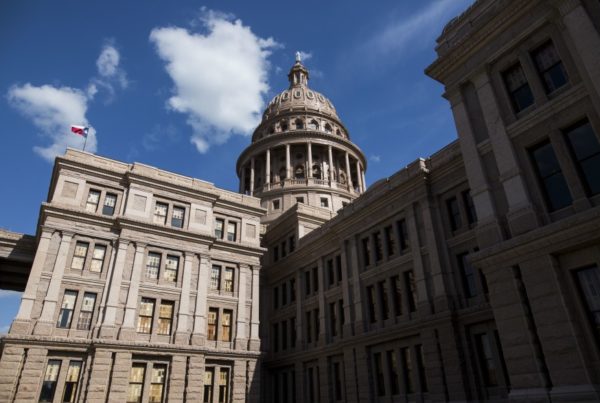On Monday, the U.S. Supreme Court ruled unanimously that immigrants who crossed the border illegally, but who gained Temporary Protected Status, or TPS, because they had escaped war or disaster in their countries, cannot apply for permanent resident status.
Geoffrey Hoffman is director of the University of Houston’s Immigration Clinic. He told Texas Standard that several federal circuit courts have ruled differently on whether TPS recipients who arrived in the United States illegally may stay – in other words, whether a grant of TPS constitutes “admission” to the country or not. In its decision Monday, the court sided with the lower courts that had ruled against admission.
TPS is granted to residents of specific countries by the U.S Secretary of State, based on natural disaster, war or other special circumstances. In those cases, residents of that country are allowed to enter the United States temporarily, and can remain until conditions stabilize in their home country. Many TPS recipients have remained in the U.S. for a number of years.
Hoffman says the high court’s ruling differentiates between TPS, which is a “non-immigrant status,” and an admission to the U.S. Whether these terms mean different things was the basis for disagreement in the lower courts.
“Technically, if it’s not an admission, and there are some exceptions; it doesn’t allow the person to adjust their status,” Hoffman said.
Hoffman says people who have TPS are subject to the new court ruling, but that they should seek legal counsel to determine whether they are allowed to remain in the country on some other basis.
“People may have entered with some sort of lawful status and they may not be aware of it,” he said.












